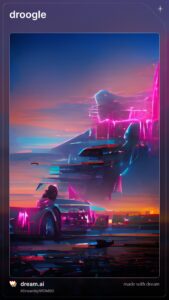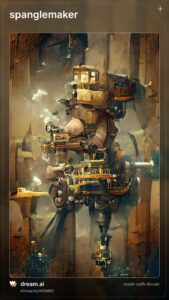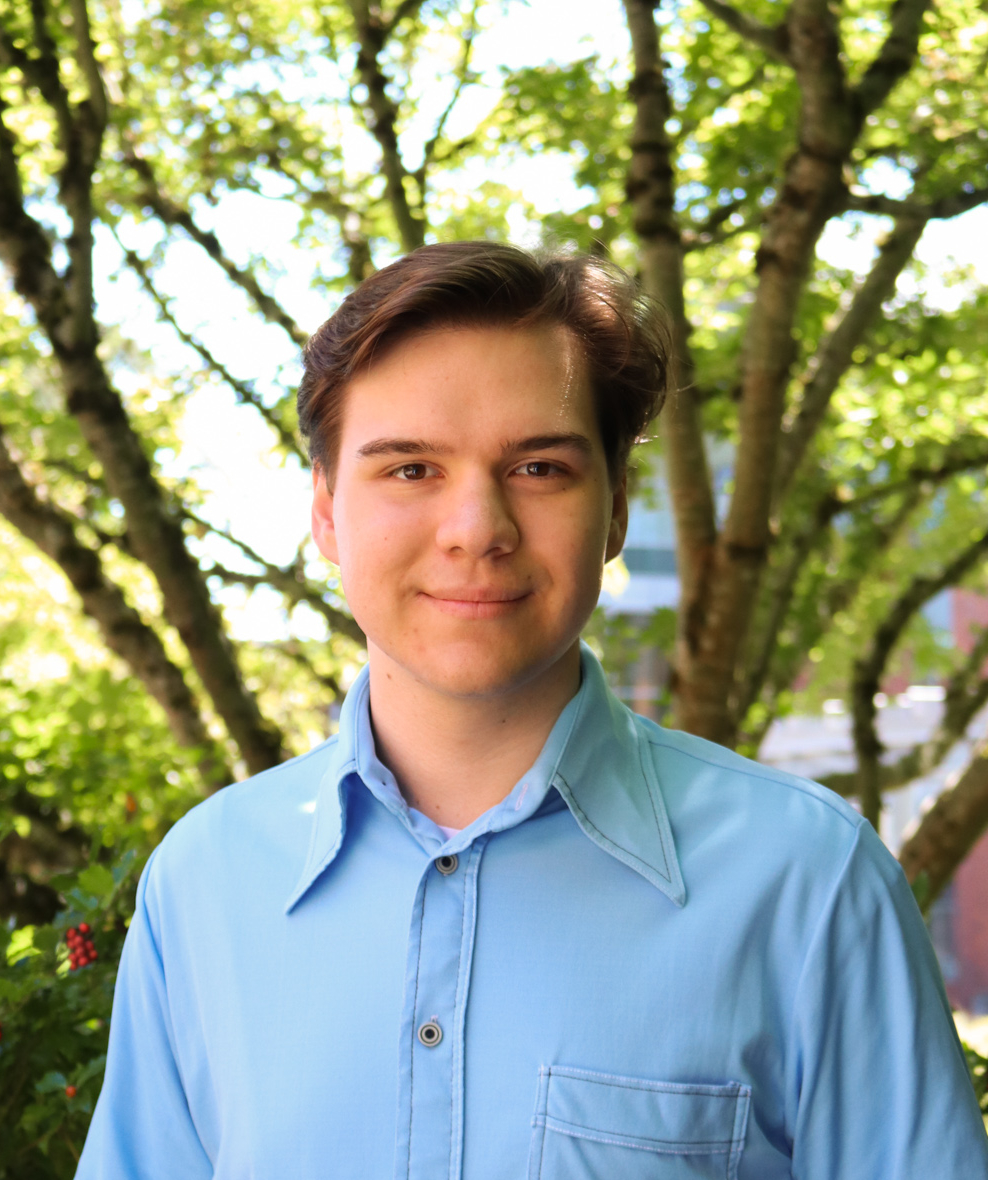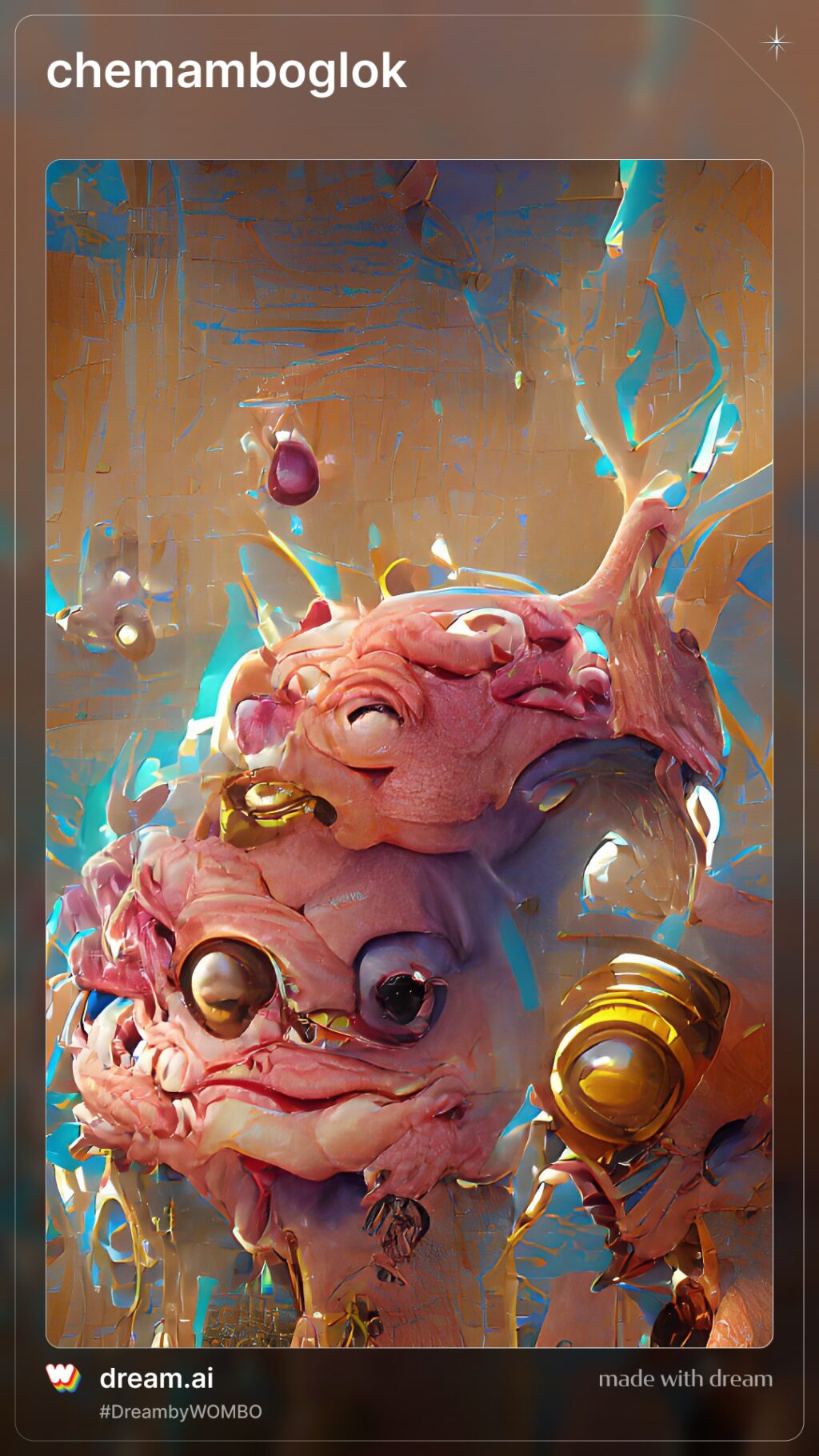“People are saying ‘well, that’s not art’ because the person didn’t create it, and that gets into the whole debate of ‘what is art?’” – Christopher Dreger
The capabilities of artificial intelligence continue to progress through online text-to-image programs such as DALL-E, DeepAI and Stable Diffusion; alongside artists, digital designers and photographers who are working in a world where computers have the potential to make elaborate artwork with the press of a button. Professors at WSU Vancouver in the DTC and computer science departments weigh in on this topic, and share their opinions about AI-generated art.

Christopher Dreger, a DTC professor, sees AI as a new tool available to artists, rather than as a threat to art itself. Programs such as Adobe Illustrator or Photoshop provide shortcuts for artists that are not unlike the shortcuts provided by AI-generated art, according to Dreger. He also believes AI-generated art will not mark the end of artistic creativity and will instead inspire artists to try different things.
“People are saying ‘well, that’s not art’ because a person didn’t create it and that gets into the whole debate of ‘what is art?’ I don’t think the question should be ‘is it art?’ Is it something that you enjoy or that you can use in some way? Is it a good picture? A useful picture? An informative picture? An aesthetically pleasing picture? Those are the questions that should be asked as opposed to whether it’s art or not. … People have said this about the camera when it first came out, they said ‘well, that’s the end of painting.’ Painting decided to take on a different approach,” Dreger said.
Scott Wallace, an associate computer science professor, holds a doctorate in artificial intelligence. Wallace does not think that praising AI-generated art marks the death of physical art. Instead, he says AI-generated art requires people to rethink what it means to be an artist.
After studying and teaching AI for years, Wallace anticipates that the effects of automation will depend on how future generations decide to utilize it.

“I think there are definitely existential questions in the idea that ‘oh, computers are suddenly generating artwork and it’s winning prizes.’ But I don’t think asking those questions mean that art is dead or that it’s gonna die in the future or that it’s meaningless. I think maybe it just means we have more questions to ask about what it really means to be an artist. … How can we use it to help make the Earth a better place for all people? Can we improve the quality of life across the world and not just for humans? … As a society, we need to ask those questions and we need to think about the impacts of automation in our society at large,” Wallace said.
Will Luers, a DTC professor, encourages WSU Vancouver students to try using AI programs not as a shortcut but as a tool of expression. Luers says the advancement of AI will also generally prove helpful in daily life by significantly speeding up tasks, while benefiting people in all areas of life, including business, research, healthcare and transportation. Overall, he concludes that AI is unlikely to take art in a negative direction.
“I think AI tools will be very useful for artists and good for culture in general. A lot of image software, like Adobe Photoshop, uses AI. But just the automated effects without human creativity wears off very quickly. We are just getting started with this technology. Any art ‘created’ by an AI will have a certain amount of novelty now, but next week some other innovation will come along. Ultimately, I think humans will be most interested in how other humans creatively collaborate with AI tools. … Let the coming AI enhance your own skills, creativity and learning. Don’t let AI get in the way of those things,” Luers said.

Norman is a senior majoring in Integrated Strategic Communications and Digital Technology & Culture.
